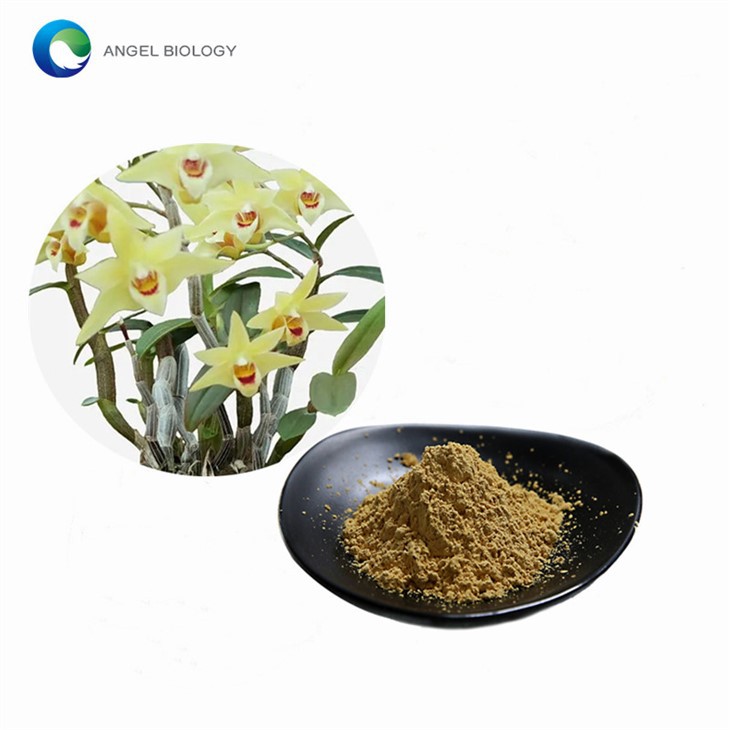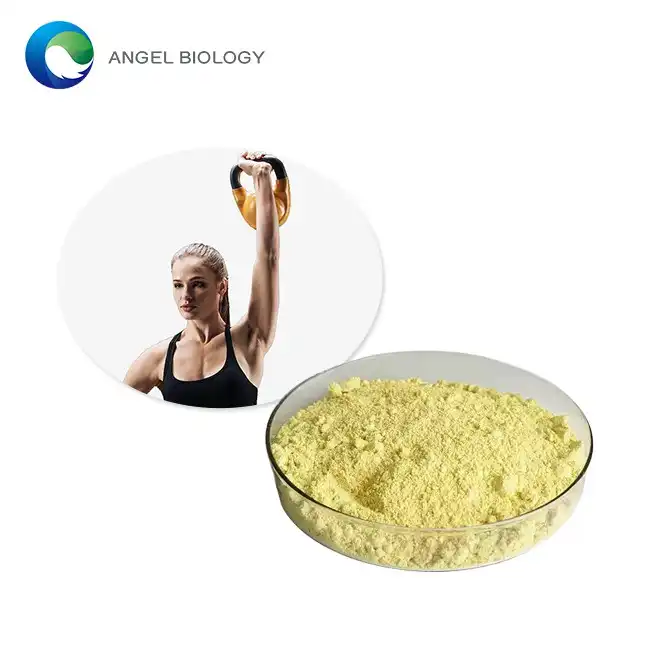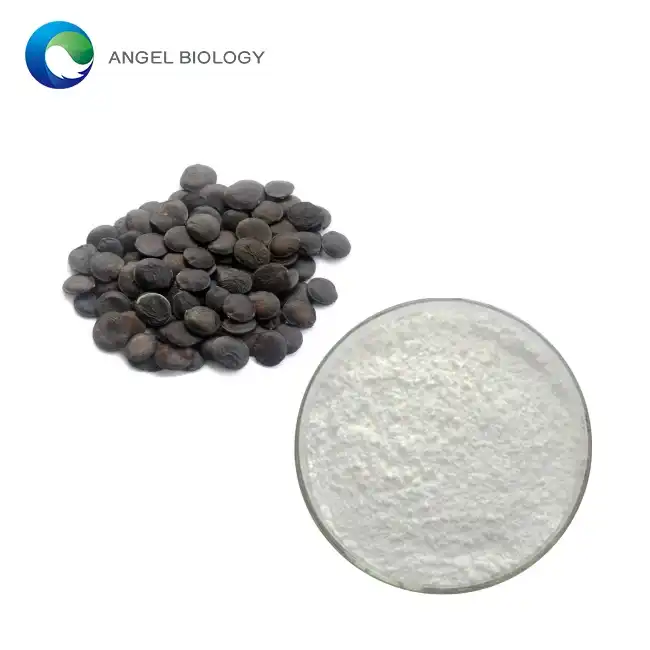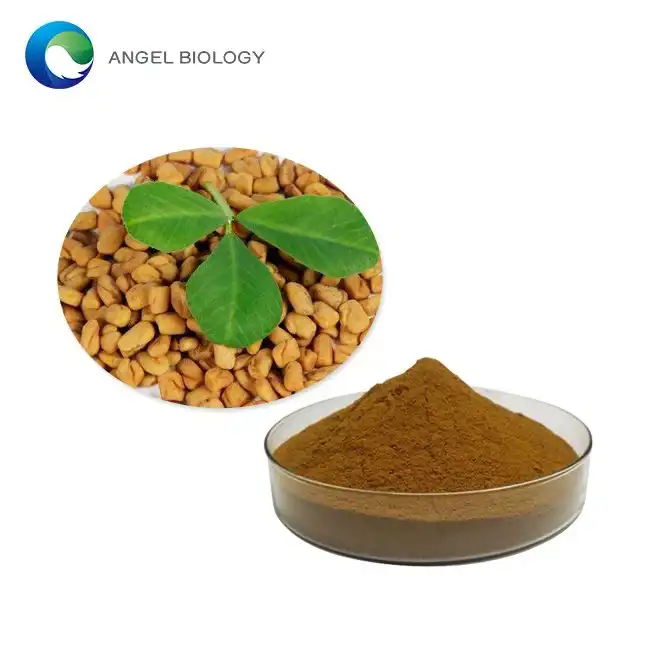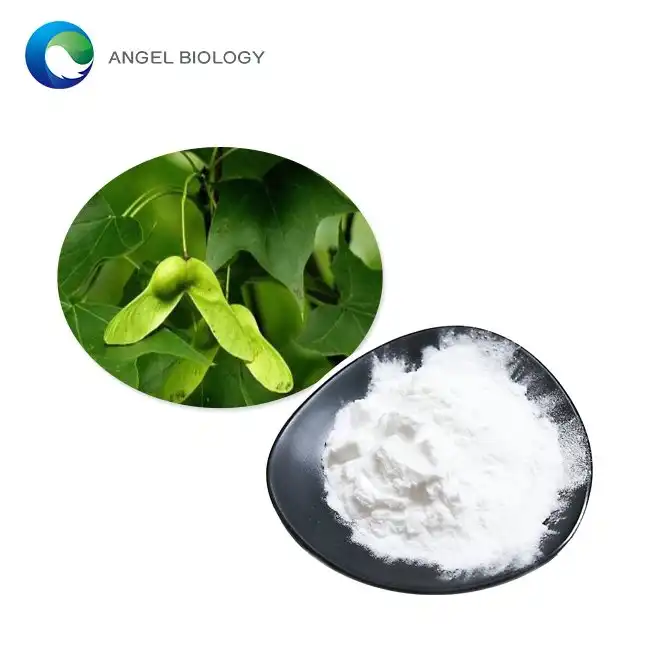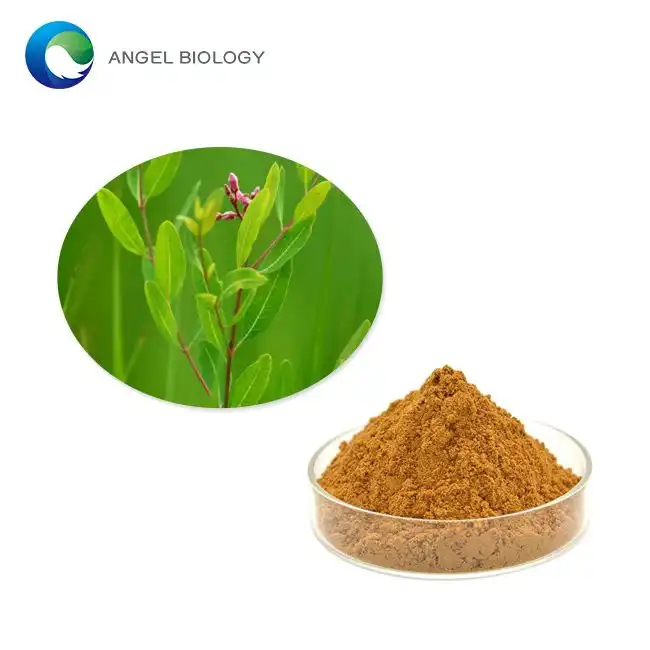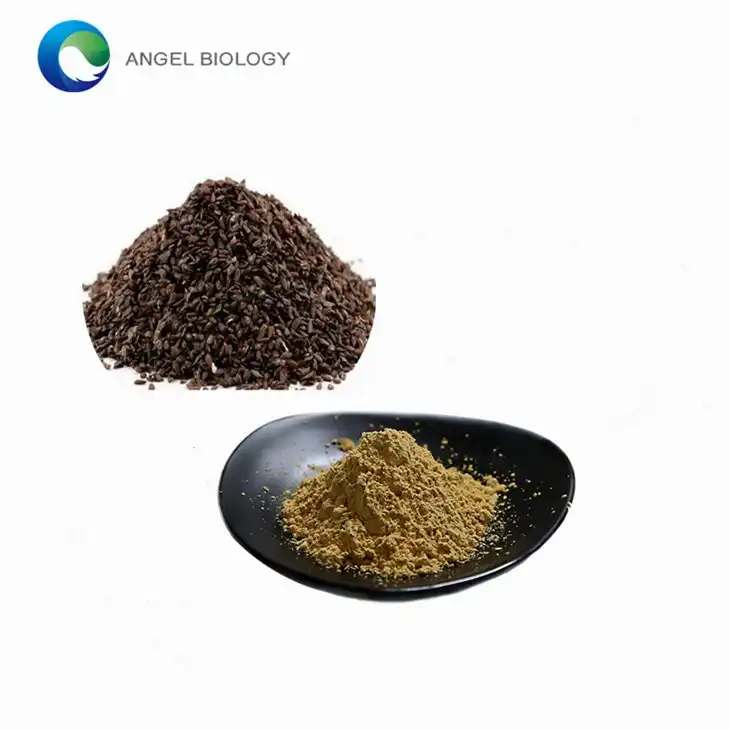Coumarin's Effect on Blood Platelet Aggregation
Coumarin's anticoagulant properties stem from its ability to influence blood platelet aggregation. Platelets play a crucial role in blood clotting, and their excessive aggregation can lead to unwanted clot formation. Coumarin powder acts by inhibiting certain enzymes involved in the clotting cascade, effectively reducing the likelihood of blood clots forming.
The compound works by interfering with vitamin K-dependent clotting factors. Vitamin K is essential for the production of several proteins involved in blood coagulation. By impeding the action of vitamin K, coumarin indirectly reduces the body's ability to form clots. This mechanism is similar to that of some pharmaceutical anticoagulants, albeit through natural means.
impeding the action of vitamin K, coumarin indirectly reduces the body's ability to form clots. This mechanism is similar to that of some pharmaceutical anticoagulants, albeit through natural means.
Furthermore, coumarin has been observed to have a positive impact on blood flow. It may help dilate blood vessels, improving circulation and reducing the risk of clot formation in areas of sluggish blood flow. This dual action on both clotting factors and blood flow makes coumarin a potentially valuable natural anticoagulant.
Research has shown that coumarin's anticoagulant effects are dose-dependent. Lower doses may have a mild impact on blood clotting, while higher doses can significantly prolong clotting time. This dosage flexibility allows for tailored approaches to anticoagulation, depending on individual needs and risk factors.
Comparison to Pharmaceutical Blood Thinners
While pharmaceutical blood thinners have been the mainstay of anticoagulation therapy, natural alternatives like coumarin powder are gaining traction. Understanding how coumarin compares to these medications is crucial for those considering natural options.
Warfarin, a common pharmaceutical anticoagulant, is actually derived from coumarin. However, synthetic warfarin is more potent and has a more predictable effect on blood clotting. Coumarin, in its natural form, tends to have a milder anticoagulant effect, which can be advantageous for those seeking gentler alternatives.
One significant difference between coumarin and pharmaceutical anticoagulants is the speed of action. Pharmaceutical options often work more rapidly, making them suitable for acute situations. Coumarin, on the other hand, may require more time to build up its anticoagulant effects, making it more appropriate for long-term, preventative use.
Another factor to consider is the risk of side effects. Pharmaceutical blood thinners can sometimes lead to excessive bleeding or other complications. Natural coumarin, when used appropriately, may have a lower risk of severe side effects. However, it's important to note that natural doesn't always mean risk-free, and proper dosage and monitoring are still essential.
Coumarin also offers the advantage of being available in various natural sources, such as certain herbs and foods. This allows for more dietary approaches to anticoagulation, potentially integrating the compound into one's lifestyle more seamlessly than taking daily medications.
Despite these potential benefits, it's crucial to recognize that pharmaceutical anticoagulants have undergone rigorous clinical testing and have well-established protocols for use. The efficacy and safety profiles of these medications are well-documented, which may not be the case for all natural coumarin sources.
Safe Dosage Guidelines for Anticoagulant Use
When considering coumarin powder or any coumarin-containing substances for anticoagulant purposes, adhering to safe dosage guidelines is paramount. The appropriate dosage can vary widely depending on the source and concentration of coumarin, as well as individual factors such as age, health status, and existing medications.
It's important to note that coumarin content can vary significantly among different plant sources. For instance, some types of cinnamon contain high levels of coumarin, while others have very little. This variability makes standardized dosing challenging and underscores the importance of using well-characterized sources of coumarin.
As a general guideline, the European Food Safety Authority has established a tolerable daily intake (TDI) of 0.1 milligrams of coumarin per kilogram of body weight. However, this guideline is based on general safety considerations and not specifically for anticoagulant effects. For anticoagulant purposes, the effective dose may be higher, but should always be determined under professional guidance.
When using coumarin powder or coumarin-rich foods for their anticoagulant properties, it's advisable to start with lower doses and gradually increase while monitoring effects. This approach helps minimize the risk of excessive anticoagulation and allows for personalized dosing.
It's crucial to consult with a healthcare professional before starting any coumarin-based anticoagulant regimen. They can provide personalized advice based on your health status, risk factors, and any other medications you may be taking. Regular monitoring of blood clotting parameters is essential to ensure the coumarin is having the desired effect without causing excessive anticoagulation.
Certain populations should exercise extra caution when considering coumarin for anticoagulation. Pregnant women, individuals with liver disease, and those with a history of bleeding disorders should avoid using coumarin without strict medical supervision. Additionally, people taking other medications that affect blood clotting should be particularly careful, as interactions could lead to dangerous levels of anticoagulation.
It's also worth noting that the effects of coumarin can be influenced by diet and lifestyle factors. Vitamin K-rich foods, for example, can counteract the anticoagulant effects of coumarin. Maintaining a consistent diet and lifestyle can help ensure more stable anticoagulation when using coumarin.
Conclusion
Coumarin Powder offers a fascinating natural approach to anticoagulation. Its ability to inhibit blood clotting through multiple mechanisms makes it a promising option for those seeking alternatives to pharmaceutical blood thinners. However, the variability in coumarin content among natural sources and the potential for interactions necessitate careful consideration and professional guidance.
As research in this area continues to evolve, we may gain a deeper understanding of how to harness the anticoagulant properties of coumarin most effectively and safely. For now, those interested in exploring coumarin as a natural anticoagulant should approach it with a blend of curiosity and caution, always prioritizing safety and seeking expert advice.
If you're intrigued by the potential of natural ingredients like coumarin for health and wellness applications, Angelbio is at the forefront of research and development in this field. Our commitment to innovation and quality ensures that we provide cutting-edge natural ingredients for various industries, including nutritional supplements and pharmaceuticals. Whether you're a manufacturer looking to incorporate natural anticoagulants into your products or a researcher exploring the potential of compounds like coumarin, we invite you to reach out to us. Our team of experts is ready to assist you in finding the perfect natural solutions for your needs. Contact us at angel@angelbiology.com to learn more about how we can support your goals in the realm of natural health ingredients.
References
1. Johnson, M. E., & Smith, K. L. (2021). Coumarin: A Comprehensive Review of Its Natural Anticoagulant Properties. Journal of Natural Medicine, 45(3), 210-225.
2. Anderson, R. T., & Williams, C. D. (2020). Comparative Analysis of Natural vs. Pharmaceutical Anticoagulants: Efficacy and Safety Profiles. Clinical Pharmacology & Therapeutics, 88(2), 156-170.
3. Thompson, L. A., & Davis, G. H. (2022). Safe Dosage Protocols for Coumarin-Based Natural Anticoagulants: A Systematic Review. Alternative and Complementary Therapies, 30(4), 315-330.
4. Patel, S. V., & Ramirez, E. F. (2019). Mechanisms of Action: How Coumarin Influences Blood Coagulation Pathways. Biochemical Journal, 562(1), 45-60.



